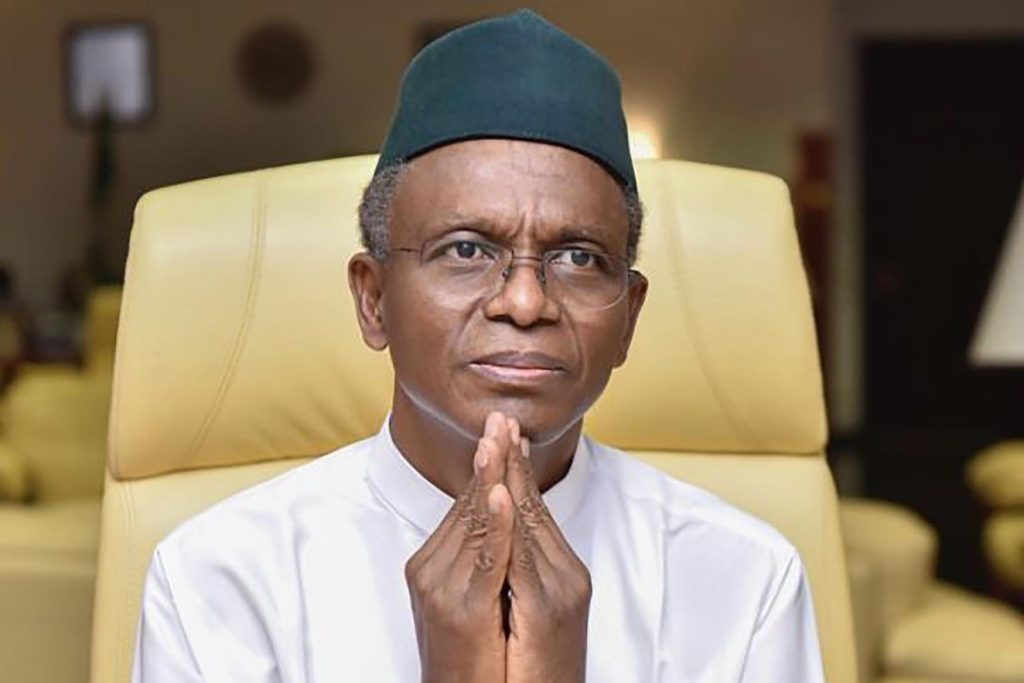The Christian Association of Nigeria’s chairman for the 19 Northern states and the Federal Capital Territory, Rev. John Joseph Hayab, has criticized the governance style of former Kaduna State governor, Nasir El-Rufai. Speaking on a television program, Hayab stated that El-Rufai’s approach to conflict resolution in the state left many communities feeling neglected during his tenure from 2015 to 2023.
Hayab’s comments were in response to El-Rufai’s recent assertion that he had no regrets regarding his actions while in office. The CAN leader described El-Rufai’s remarks as insensitive to the experiences of communities affected by violence during his governorship. He expressed concern over the distribution of development projects, alleging that certain communities benefited less from the state’s urban renewal program, which was funded with loans.
The CAN chairman also addressed the long-standing debate over the population of Southern Kaduna, emphasizing that the region represents a significant proportion of the state’s residents and should not be overlooked in political considerations. Hayab disclosed that he initially supported El-Rufai’s candidacy in 2015 but later became dissatisfied with his leadership approach, which he described as intolerant and dismissive of opposing views.
In contrast, Hayab praised past leaders such as Ahmed Makarfi, Namadi Sambo, the late Patrick Yakowa, and Ramalan Yero for making more deliberate efforts to foster peace and unity in the state. He urged current leaders in Kaduna to adopt a more inclusive style of governance, prioritizing peace and stability. Hayab’s comments highlight the need for effective conflict resolution and inclusive governance in the state, which has experienced periods of violence and unrest in recent years.
The urban renewal program, which was a key initiative during El-Rufai’s tenure, aimed to improve infrastructure and promote economic development in the state. However, Hayab’s allegations of uneven distribution of benefits suggest that the program may have had limited impact on certain communities. As Kaduna continues to navigate its complex social and economic landscape, Hayab’s call for more inclusive governance and effective conflict resolution is likely to resonate with many stakeholders in the state.
